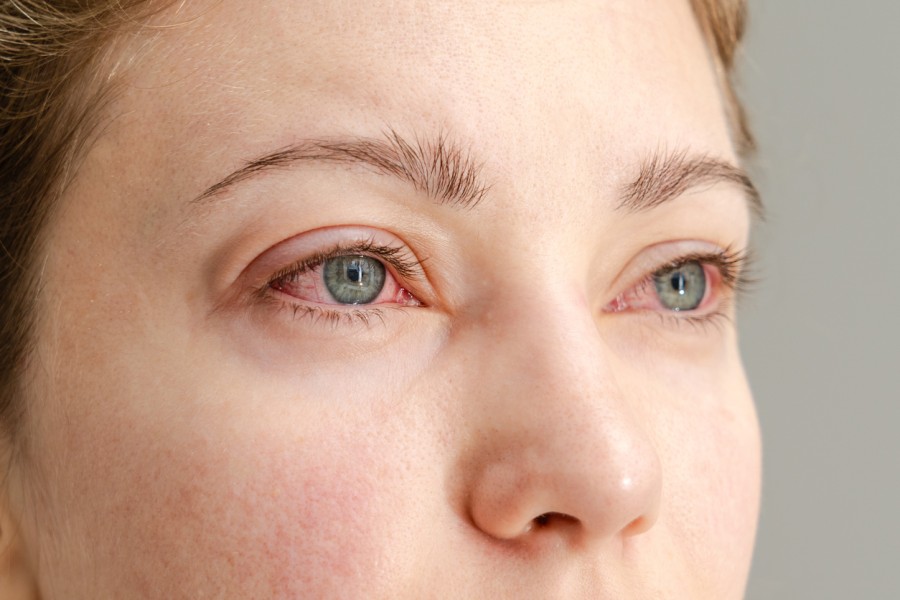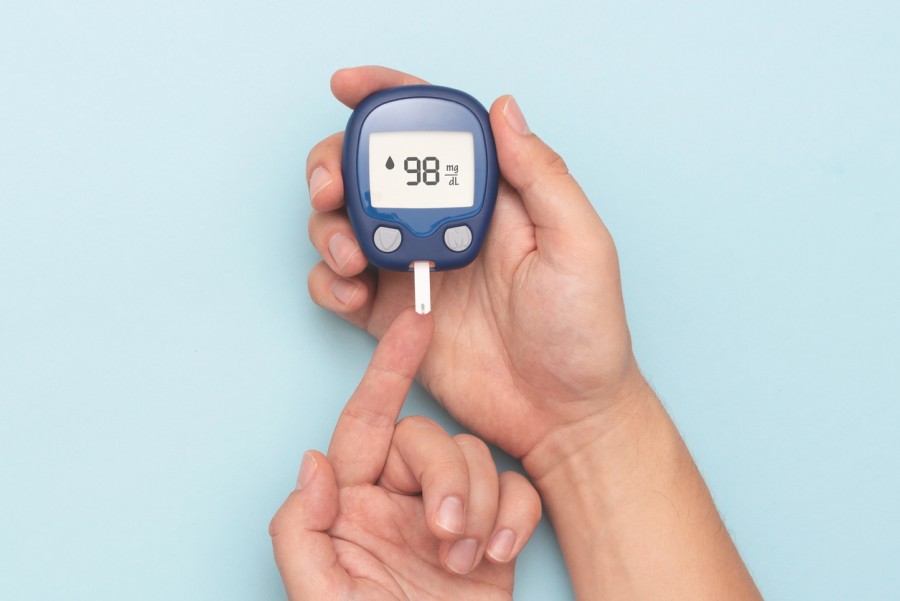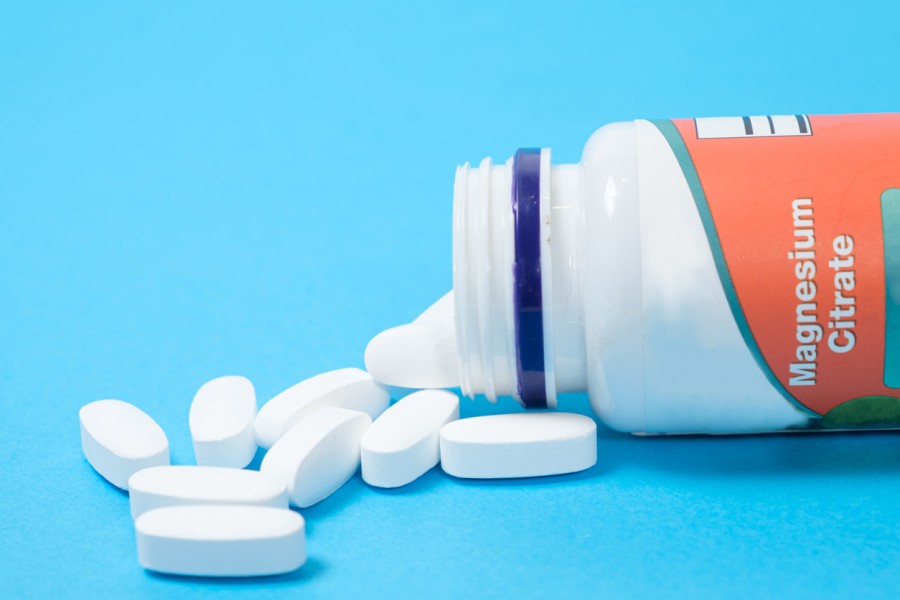Your cart is empty
Products: {{countCartProducts}}
Total :
{{(cartTotal * selectedCurrency.rate).toFixed(2)}}€ - {{(cartDefaultCouponDiscount * selectedCurrency.rate).toFixed(2)}}€
= {{((cartTotal - cartDefaultCouponDiscount) * selectedCurrency.rate).toFixed(2)}}€
{{(cartTotal * selectedCurrency.rate).toFixed(2)}}€
Free shipping for orders over 39.00€
Please note that we can't send perfumes, electronic devices and flammable products to Greece,EU & Third Countries















